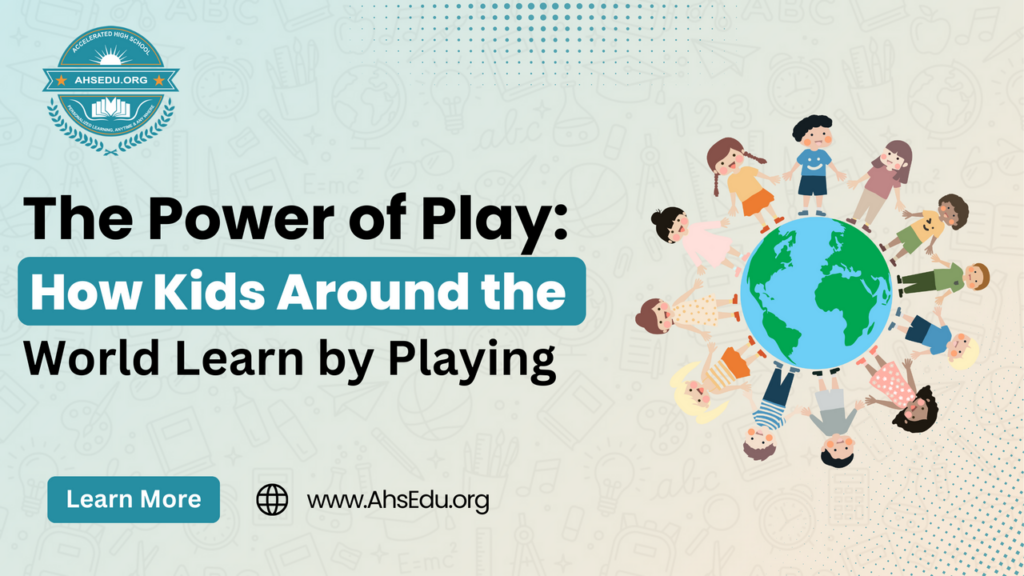
Learning doesn’t always happen in a classroom with textbooks and tests. Around the world, some of the most effective education systems use play as a powerful tool for teaching kids important skills. Play-based learning helps children develop creativity, problem-solving abilities, teamwork, and even academic skills like math and language. Let’s take a journey across different countries to see how kids learn through play!
Finland is known for having one of the best education systems in the world. One reason for this success? Lots of playtime! Finnish schools believe that kids learn best when they are happy and engaged. Schools give children multiple breaks throughout the day to play, explore, and interact with friends. Instead of long hours of studying, Finnish kids spend time building things, playing outdoors, and learning through hands-on activities.
In Japan, schools use traditional games like kendama (a ball-and-cup game) and origami (paper folding) to help children develop patience, concentration, and hand-eye coordination. Japanese students also play group games like daruma-san ga koronda (similar to freeze tag), which teaches them to observe and react quickly. These games make learning fun while developing important life skills.
Denmark, the home of LEGO, integrates play-based learning in classrooms. Teachers use Lego blocks to teach math, storytelling, and engineering concepts. Instead of just solving math problems on paper, students build structures to understand measurements, geometry, and balance. Danish schools believe that children learn best when they can touch, move, and create things with their hands.
In many Kenyan schools, children learn through singing, dancing, and storytelling. These activities help improve memory and language skills while making learning fun. Kids also play traditional outdoor games like mbube mbube (a chasing game), which teaches teamwork and coordination. Learning in Kenya is often connected to nature, with schools encouraging children to explore their surroundings.
In many American schools, kindergarten classrooms use play to introduce reading, writing, and math. Teachers use puzzles, building blocks, and role-playing games to make learning enjoyable. Programs like Montessori and Waldorf education focus on hands-on learning where children can explore and learn at their own pace through creative activities.
Studies show that children who learn through play develop stronger problem-solving skills, better social interactions, and a love for learning. Play helps kids:
At AHS, we believe that learning should be exciting, interactive, and engaging for every child. That’s why we offer creative learning programs that integrate play-based techniques into education. Our courses help students think outside the box, explore new ideas, and develop skills in a fun and meaningful way.
We provide a wide range of learning games that make education enjoyable. From math puzzles to science experiments, our platform ensures kids stay engaged while developing essential skills. Our interactive quizzes and challenges help reinforce knowledge in a playful manner.
Engaging and Fun-Filled Learning Videos
We offer engaging educational videos that simplify complex concepts through storytelling, animations, and real-life examples. Whether it’s learning new languages, exploring history, or understanding scientific principles, our videos keep young minds curious and excited about learning.
A Learning Experience Like No Other!
With AHS Education, your child will enjoy:
Visit us at AHSEdu.org and give your child the joy of learning through creativity, play, and engaging educational resources!

AHSEDU.org offers personalized learning for every student. With a curriculum standardized with USA State Standards, Free interactive videos, Fun and interactive learning content, Constructive assessments, and take-home worksheets we address the unique educational needs of each learner to ensure success.